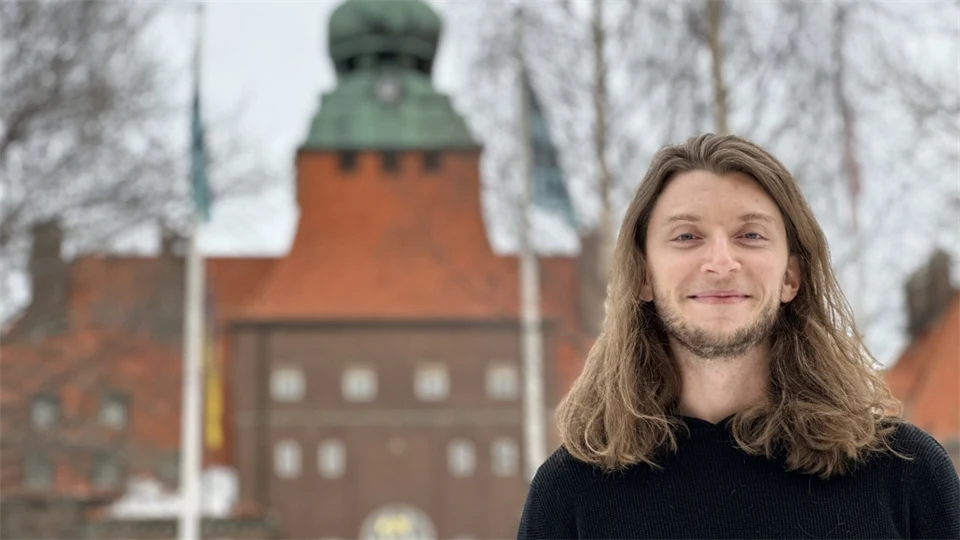Interview with Oscar Dahlqvist
What does information about accessibility aimed at people with disabilities look like in a nature tourism context? Oscar Dahlqvist has investigated this in his master's thesis and here he tells us more about what he came up with.
Tell us about your thesis.
– My master's thesis focuses on accessibility information aimed at people with some form of disability within a nature tourism-based context. Information can be seen as the first barrier to participation and therefore be absolutely crucial for a person with a disability to have the opportunity to take part in a touristic experience. It is important that the information is designed in a way that allows each unique individual to have the opportunity to assess the accessibility of the place in relation to their unique disability. The methods I used were interviews with a selection of stakeholders, as well as analyses of websites at destinations in central Sweden.
What results and conclusions did you come to?
– The study shows that there is currently minimal relevant and inclusive accessibility information to be found. The results highlight three important areas for increased accessibility. The first is that the information should be designed by or together with people with accessibility needs. The second is that there should be increased cooperation between stakeholders to create standardized types of information that can make it easier to find information regardless of the responsible organization and location. Finally, the third is to highlight the possibility for companies to open up for a larger target group by increasing their accessibility, which not only contributes to increased social sustainability, but also creates opportunities for positive economic effects.
What can the essay contribute?
– I think it highlights the importance of accessibility information as a door opener to recreation, health and well-being for more people.
